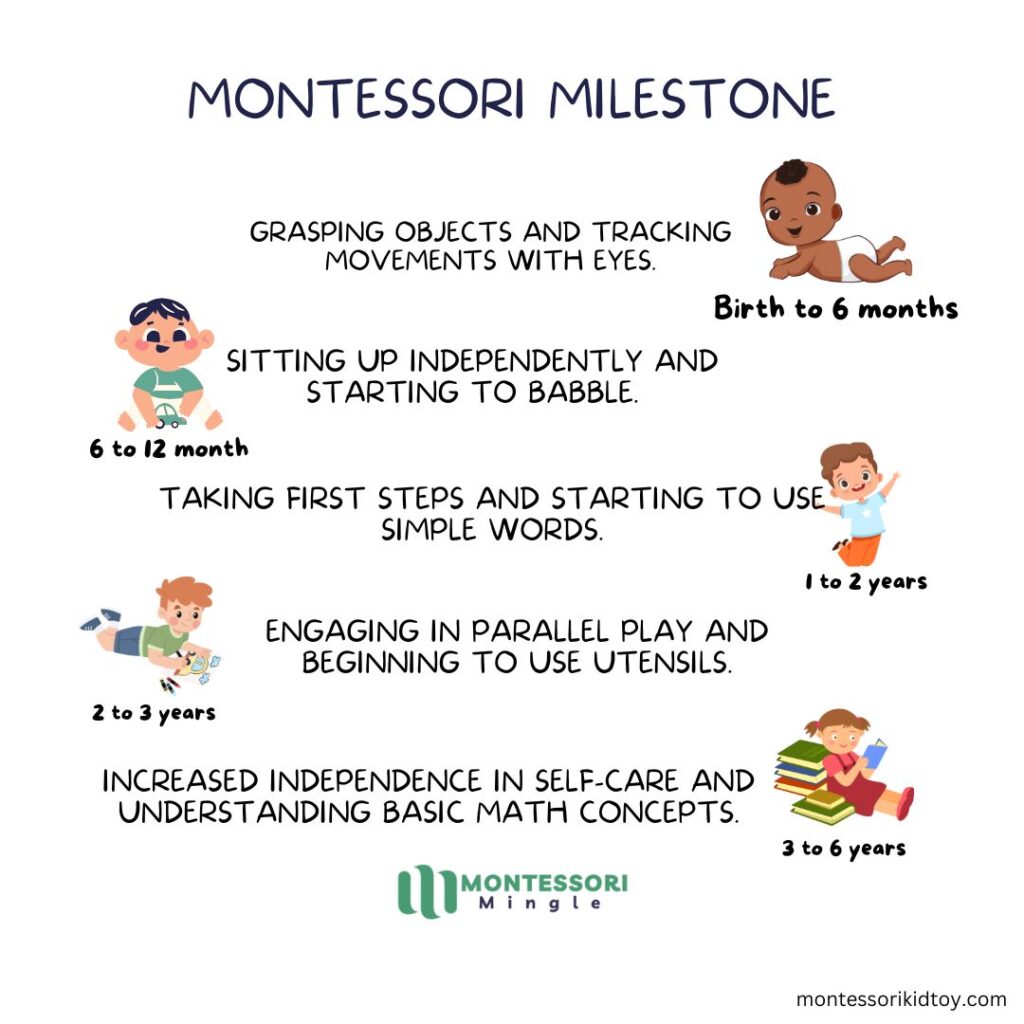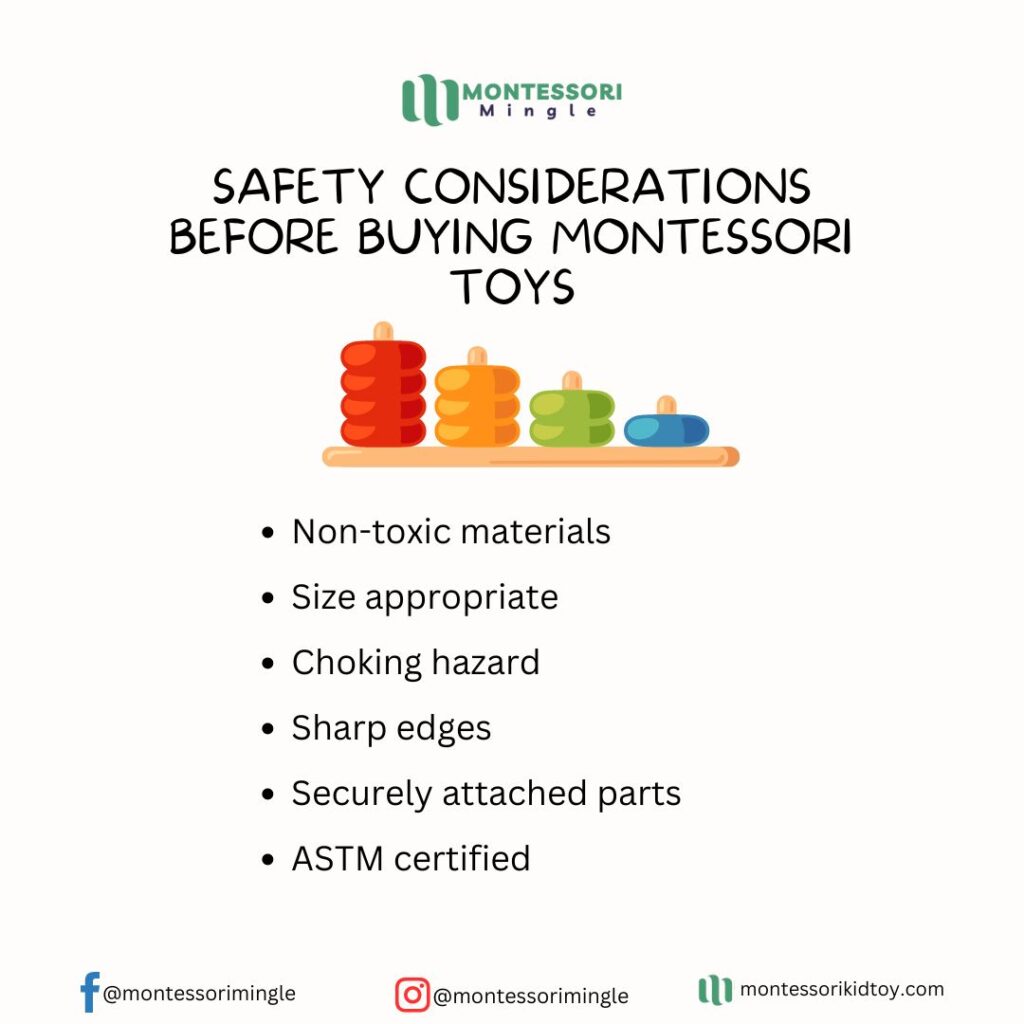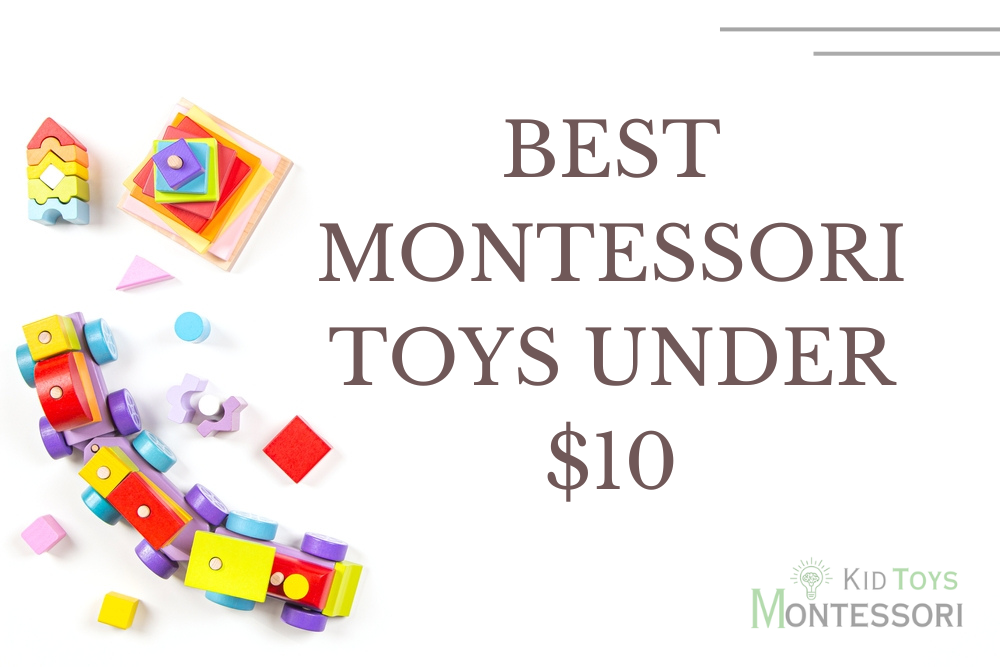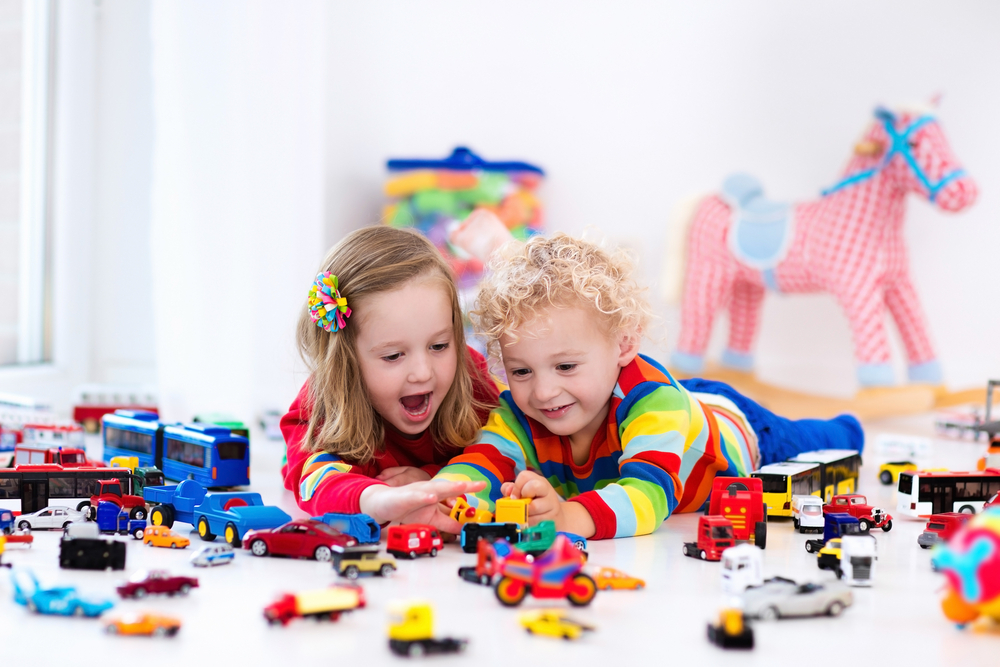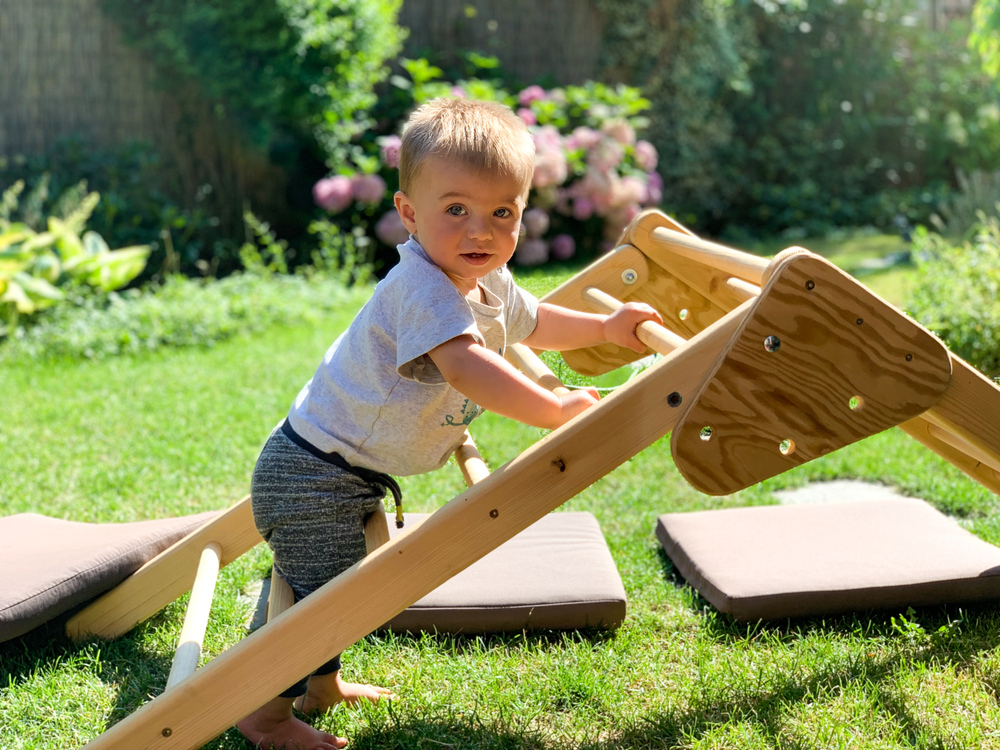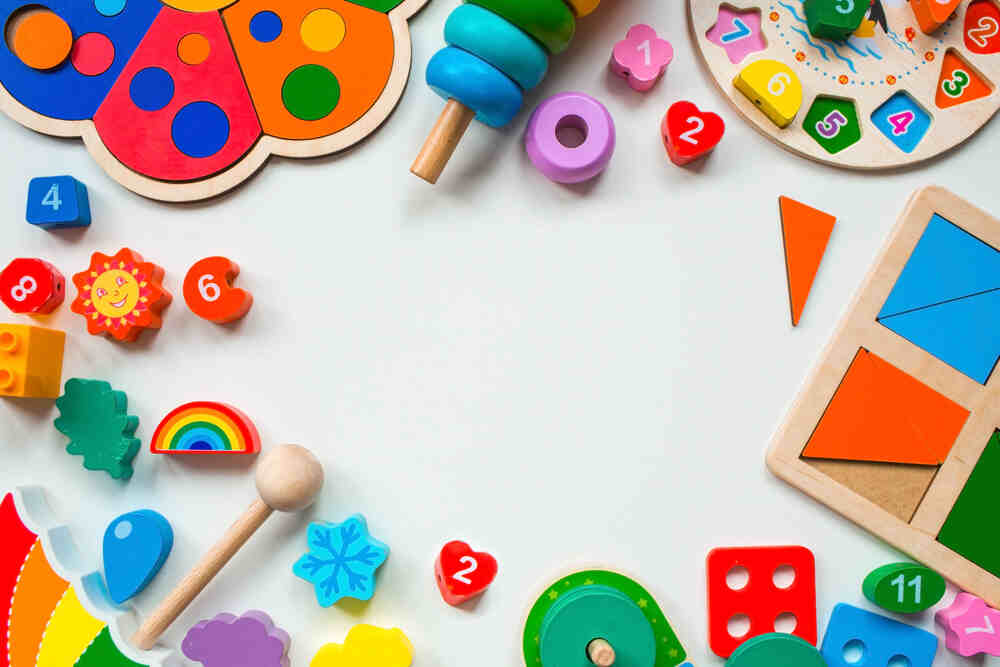In the Montessori approach, children progress through significant developmental milestones at each stage of their early years. Understanding these milestones is crucial for parents and educators to support children’s growth and learning effectively. Let’s explore the key Montessori development milestones by age.
Montessori Development Milestones Images
List of Montessori Development Milestones
Birth to 6 months
- Responds to faces and voices.
- Explores objects with hands and mouth.
- Begins to track objects with eyes.
- Shows interest in sounds and textures.
6 to 12 months:
- Begins to sit without support.
- Grasps objects with thumb and forefinger.
- Explores objects by banging and shaking.
- Begins to imitate sounds and gestures.
1 to 2 years:
- Starts to walk and explore the environment.
- Enjoys simple puzzles and stacking toys.
- Begins to use simple words and gestures to communicate.
- Shows interest in self-care activities like dressing.
2 to 3 years:
- Refines gross and fine motor skills.
- Engages in parallel play with other children.
- Shows interest in sorting and categorizing objects.
- Begins to use more complex language and sentences.
3 to 6 years:
- Develops more complex social skills.
- Shows increased independence in self-care activities.
- Engages in imaginative and cooperative play.
- Demonstrates understanding of basic math and language concepts.
Detail on each milestone by Age
Birth to 6 months
During this period, infants are rapidly developing their sensory and motor skills, key aspects of the Montessori development milestone. They respond to faces and voices, showing a preference for familiar caregivers. Through exploration with their hands and mouths, they begin to understand the world around them.
Tracking objects with their eyes and reacting to different sounds are early signs of cognitive development. For more about Montessori toys suitable for this age group, check out our article on Montessori toys for infants.
6 to 12 months
Babies in this stage start to gain more control over their bodies. They may begin to sit without support and use their hands to grasp objects intentionally.
Exploring objects through banging, shaking, and mouthing helps them learn about cause and effect. Imitating sounds and gestures is a way they communicate and interact with others.
1 to 2 years
Toddlers become more mobile and curious about their environment. They take their first steps and enjoy exploring their surroundings. Simple puzzles and stacking toys help them refine their fine motor skills and develop problem-solving abilities.
They begin to use simple words and gestures to express their needs and desires and may show interest in dressing themselves. For a guide on Montessori toys suitable for toddlers aged 1-2 years, see our article here.
2 to 3 years
At this age, children are eager to assert their independence. They refine their gross and fine motor skills through activities like pouring, scooping, and threading. Engaging in parallel play with other children helps them develop social skills like sharing and taking turns.
They start to categorize objects based on similarities and differences and use more complex language to express themselves. To explore Montessori toys recommended for children aged 2-3 years, read our detailed guide
3 to 6 years
Preschoolers demonstrate significant growth in their social, emotional, and cognitive development. They become more independent in self-care activities such as dressing and grooming.
Engaging in imaginative and cooperative play allows them to explore various roles and scenarios, fostering creativity and empathy. They develop a deeper understanding of basic math and language concepts through hands-on experiences and exploration. For more on Montessori toys suitable for preschoolers Read Guide Here.
Summary
In the Montessori environment, educators observe each child’s progress and tailor activities to their individual needs and interests. By providing a prepared environment rich in materials and opportunities for exploration, Montessori education nurtures children’s natural curiosity and supports their holistic development.
Understanding the Montessori development milestones at each age helps parents and educators create an environment that fosters growth, independence, and a love for learning.
